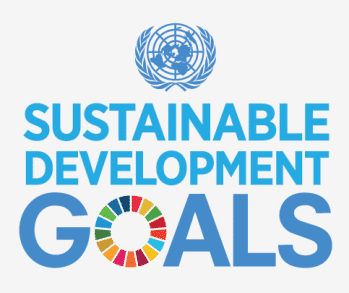The European Union Agency for Fundamental Rights (FRA) will dedicate the focus chapter of its 2019 Fundamental Rights Report on the implementation of the United Nations’ Sustainable Development Goals (SDGs) in the context of the EU from a fundamental rights perspective.

- SDG 4 on ensuring inclusive and equitable quality education and promote lifelong opportunities for all
- SDG 5 on gender equality
- SDG 8 on promoting sustained, inclusive and sustainable economic growth, full and productive employment and decent work for all
- SDG 10 on reducing inequality within and among countries
- SDG 16 on promoting peaceful and inclusive societies for sustainable development, provide access to justice for all and build effective, accountable and inclusive institutions at all levels
AGE Platform Europe has replied in a consultation launched by the FRA about how we contribute to the implementation and monitoring process of the SDGs, focusing on SDGs 5, 10 and 16.
We have highlighted our collaboration with other NGOs in this area but also the fact that we collect data about progress and gaps in their achievement, raise awareness about their relevance for EU and national policy dossiers that relate to older people and ageing and mainstream them in our work. For example, our Manifesto for the European Parliament elections has been framed along the lines of the SDGs and several of our recommendations addressed to candidate MEPs are relevant SDGs 5, 10 and 16.
In addition, we brought to the attention of the FRA several of the barriers in the effective implementation and monitoring of the SDGs from an old age perspective, since the relevant targets and indicators rarely explicitly refer to older people. More specifically, target 3.4 includes an ageist criterion since it defines premature mortality by non-communicable diseases before the age of 70. This indicator is discriminatory and may lead to disadvantages in the equal enjoyment of older people of their fundamental right to health.
For further information about this inequality see the article by Professor Peter Lloyd Sherlock in the frame of our #AgeingEqual campaign: www.ageing-equal.org
For more information you may contact Nena Georgantzi, Policy Coordinator on Human Rights & Non-Discrimination: nena.georgantzi@age-platform.eu






